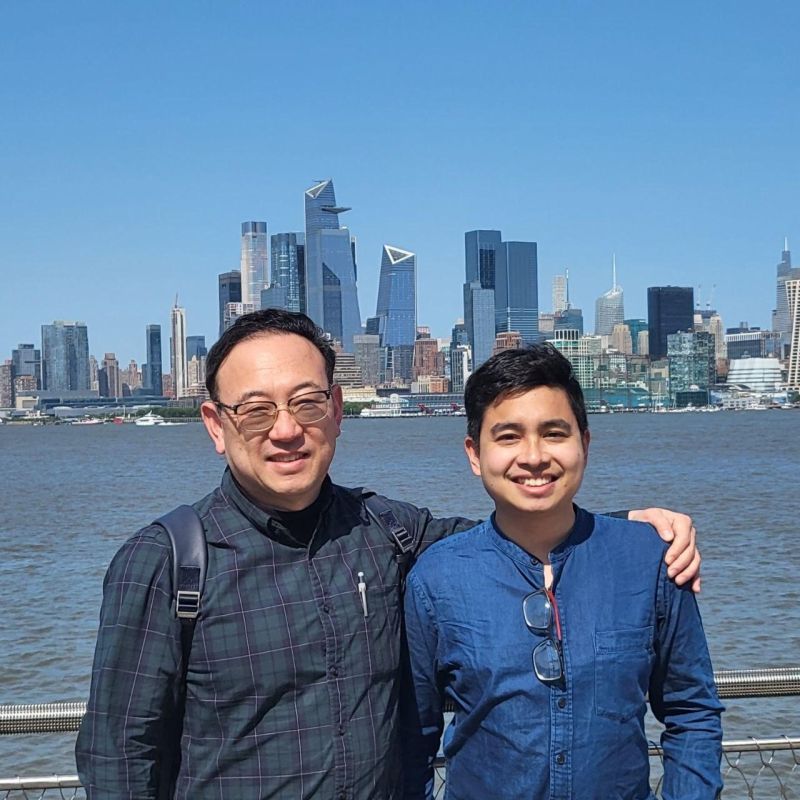
Gabriel Sampedro, an Assistant Professor from the Faculty of Information and Communication Studies, recently presented his research titled “Strategic Unmanned Aerial Vehicle (UAV) Routing: An Energy-Efficient Approach” at the A*-ranked IEEE International Conference on Computer Communications (INFOCOM 2023) on May 17-20, 2023 in New York City, USA.
This presentation, focusing on the energy-efficient routing of UAVs, highlights aProf. Sampedro’s expertise and contributions to the field of wireless networks and unmanned aerial vehicles, together with his collaborators from South Korea.
In today’s digital age, network connectivity has become an essential requirement rather than a luxury. However, efficient communication systems still persist, particularly in areas with adequate signal coverage or limited access to fifth-generation (5G) wireless networks. Recognizing this challenge, researchers have been exploring innovative solutions to extend network connectivity, and unmanned aerial vehicles (UAVs) have emerged as a promising technology.
The concept of flying base stations (FBS) using UAVs has gained significant attention as a means to bridge the connectivity gap in areas with limited cellular coverage. aProf. Sampedro’s research focuses on the energy consumption of FBS, a critical factor for their long-term success. Given the limited battery capacity of UAVs, optimizing energy consumption during operational use becomes crucial.
The research explores the application of three algorithms: Low Energy Adaptive Clustering Hierarchy (LEACH), improved LEACH (ILEACH), and optimized heuristic ILEACH (OHILEACH) in a fleet of UAVs. The objective is to minimize energy consumption while maximizing network connectivity. Through a comparative analysis of the three LEACH algorithms, aProf. Sampedro and his team assess the performance of each algorithm in terms of energy retention.
The results of the comparative analysis reveal that the optimized heuristic ILEACH (OHILEACH) algorithm outperforms the other approaches in terms of energy efficiency. This finding demonstrates the effectiveness of the OHILEACH algorithm in minimizing energy consumption and maximizing the operational lifespan of UAVs.
aProf. Gabriel Sampedro’s presentation at INFOCOM showcases his expertise in strategic UAV routing and energy-efficient wireless network solutions. His research addresses the pressing challenges of network connectivity in areas with limited infrastructure and offers practical solutions that can pave the way for more efficient and sustainable wireless communication systems.
By presenting his findings at the conference, aProf. Sampedro not only contributes to the body of knowledge in the field but also highlights the significance of energy-efficient UAV routing in the context of wireless networks. His research is a valuable resource for academia, industry professionals, and policymakers working towards enhancing network connectivity and optimizing energy consumption.
Written by Gabriel Sampedro ♦ Edited by Yrelle Mae Lleva ♦ Contributed by the Faculty of Information and Communication Studies








